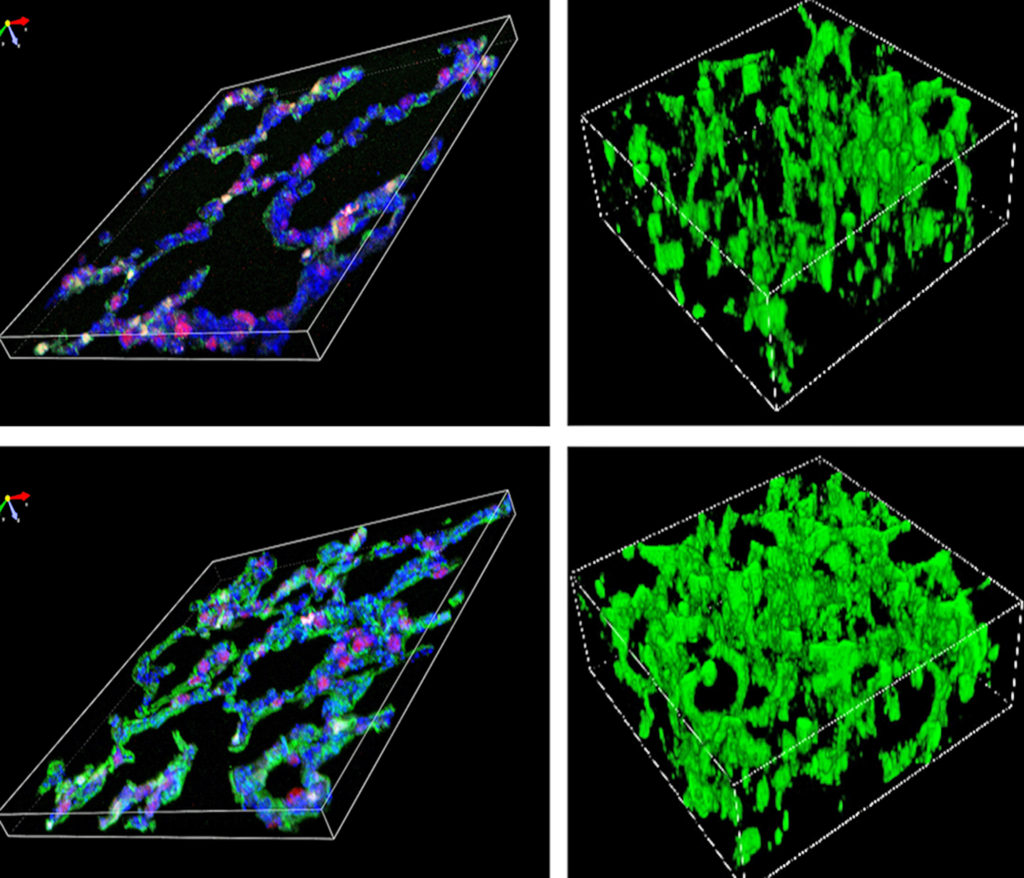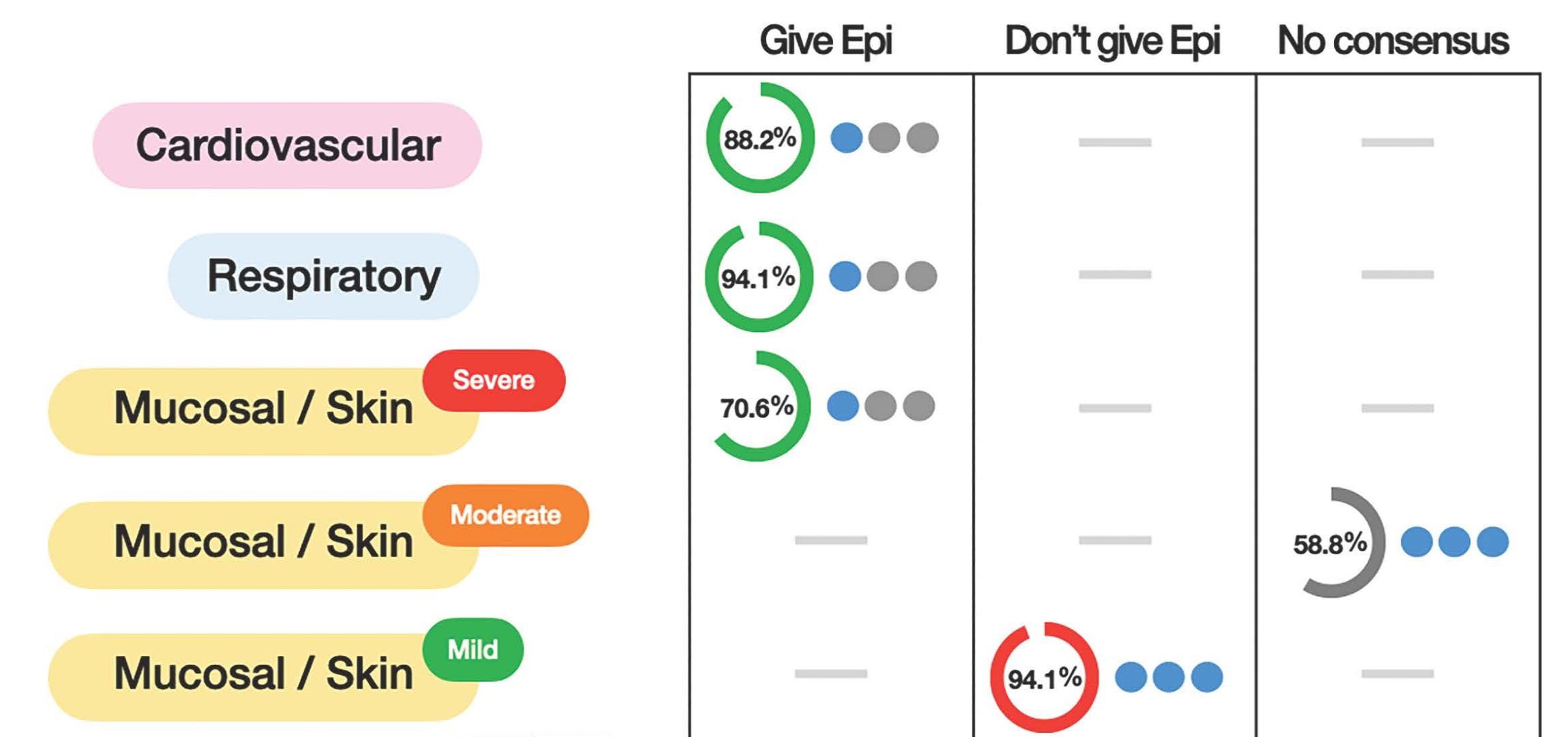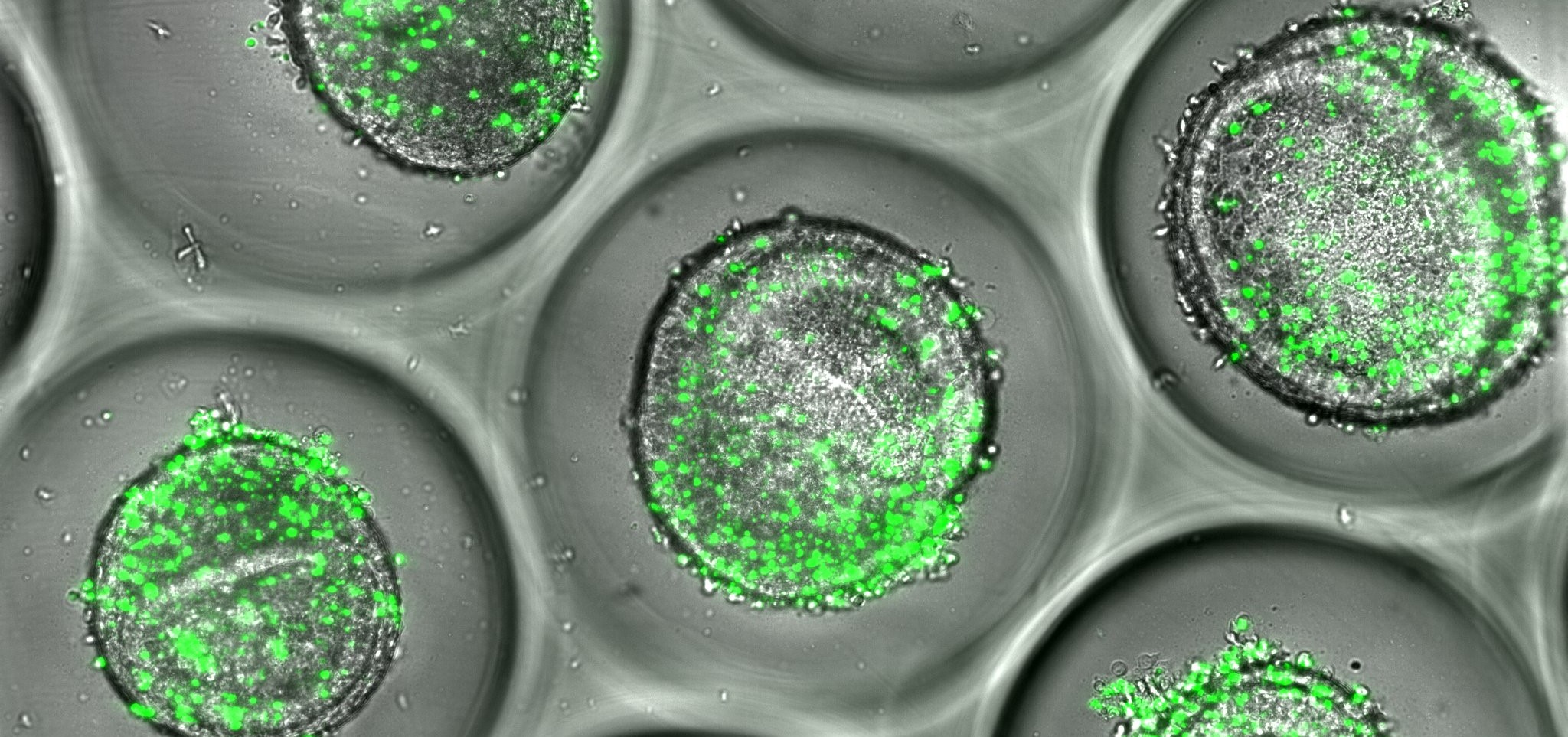Early-Stage Progress for Bronchopulmonary Dysplasia Cell Therapy
Research By: Vladimir Kalinichenko, MD, PhD
Post Date: August 12, 2019 | Publish Date: June 24, 2019

In early-stage studies, a cell-based therapy to stimulate lung development improved breathing in mice that mimic bronchopulmonary dysplasia (BPD), a condition that can cause lifelong breathing problems and even death in preterm infants.
Scientists at Cincinnati Children’s report their findings in the American Journal of Respiratory and Critical Care Medicine.
After analyzing mouse models and using single-cell RNA sequencing techniques to study genetic signatures in donated human neonatal lung samples, the research team tested a cell therapy based on c-KIT endothelial progenitor cells, which help form capillaries and alveoli in developing lungs.
“RNA sequencing of human and mouse neonatal lung tissue showed that pulmonary c-KIT endothelial progenitor cells require the c-KIT and FOXF1 proteins to stimulate the development of blood vessels and air sacs,” says Vlad Kalinichenko, MD, PhD, lead study investigator. “The cells are highly sensitive to injury by high oxygen concentrations, so lung development in premature babies on mechanical oxygen assistance is impeded. Our findings suggest using c-KIT-positive endothelial cells from donors, or generating them with pluripotent stem cells, might be a way to treat BPD or other pediatric lung disorders associated with loss of alveoli and pulmonary microvasculature.”
Read more.
| Original title: | Postnatal Alveologenesis Depends on FOXF1 Signaling in c-KIT+ Endothelial Progenitor Cells |
| Published in: | American Journal of Respiratory and Critical Care Medicine |
| Publish date: | June 24, 2019 |
Research By








